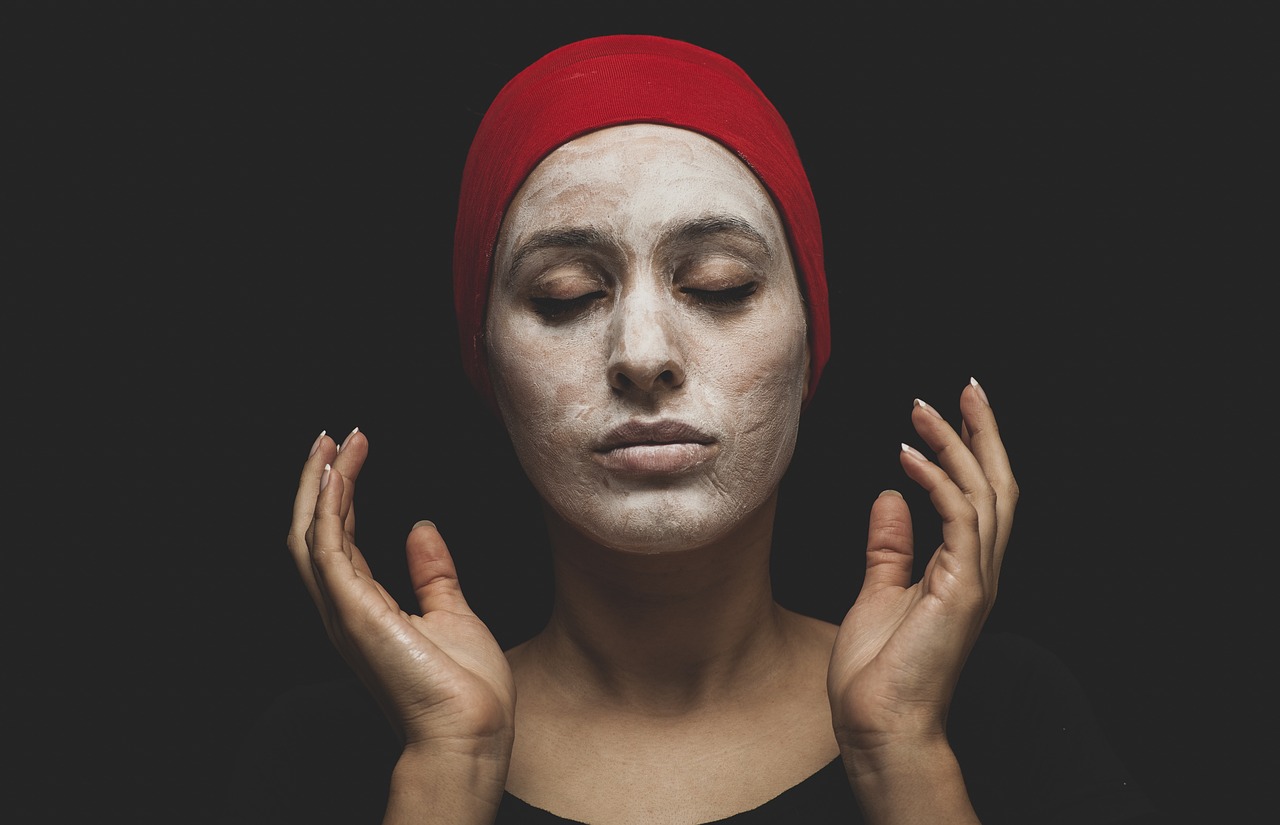Are you tired of spending loads of money on expensive face masks that don’t quite work for your skin? Look no further. In this article, we have compiled a collection of DIY face mask recipes that are tailored to different skin types. Whether you have dry, oily, or sensitive skin, there’s a recipe in here that will leave your skin feeling refreshed, rejuvenated, and glowing. So put on your apron and get ready to whip up some natural magic for your skin!
Face Mask Basics
Face masks have become a popular skincare trend in recent years, and for good reason. They offer a range of benefits for our skin, from hydrating and nourishing to detoxifying and exfoliating. One of the great things about face masks is that you can easily make them at home using simple ingredients found in your kitchen. Not only is it cost-effective, but DIY face masks also allow you to customize the ingredients to suit your specific skin type and concerns. In this article, we will explore different DIY face mask recipes for various skin types and discuss the benefits they offer.
Benefits of Using DIY Face Masks
Using DIY face masks can be incredibly beneficial for your skin. First and foremost, they provide a natural and gentle alternative to commercial products that may contain harsh chemicals. DIY face masks are typically made from natural ingredients such as fruits, vegetables, and pantry staples like honey, yogurt, and oatmeal.
Another advantage of DIY face masks is that you have complete control over the ingredients. You can tailor the mask to your specific skin needs, whether it’s hydration, brightening, or soothing. By choosing the right ingredients, you can address specific skin concerns and promote a healthy complexion.
Additionally, DIY face masks are cost-effective. Many commercial face masks can be quite expensive, especially those with high-quality ingredients. By making your own masks, you can save money without compromising on the quality of ingredients. Plus, it can be a fun and creative activity to experiment with different ingredients and find the perfect mask for your skin.

Choosing the Right Ingredients for Your Face Mask
When making a DIY face mask, it’s important to choose ingredients that are suited to your skin type and concerns. Here are some popular ingredients and their benefits for different skin types:
Dry Skin
For dry skin, it’s essential to focus on nourishing and hydrating ingredients. Avocado and honey face mask can provide intense moisture and restore the skin’s natural glow. Oatmeal and yogurt face mask can also be beneficial as oatmeal soothes dryness and yogurt moisturizes and exfoliates gently. Another option is a banana and olive oil face mask enriched with vitamins and antioxidants.
Oily Skin
Those with oily skin often struggle with excess sebum production and enlarged pores. A lemon and egg white face mask can help control oil production and tighten pores. Clay and apple cider vinegar face mask can absorb excess oil and clarify the skin, while a tomato and cucumber face mask can help balance oil production.
Combination Skin
Combination skin requires a balance between moisturizing and oil-controlling ingredients. A papaya and aloe vera face mask can hydrate dry areas and reduce oiliness in the T-zone. Green tea and lemon juice face mask provide antioxidant properties while controlling excess oil. Yogurt and turmeric face mask can help brighten and moisturize the skin.
Sensitive Skin
For sensitive skin, it’s crucial to choose gentle and soothing ingredients. A cucumber and rose water face mask can calm and hydrate sensitive skin. Honey and chamomile face mask provides anti-inflammatory properties and nourishment. Aloe vera and coconut oil face mask can soothe and moisturize sensitive skin without causing irritation.
Acne-Prone Skin
Acne-prone skin can benefit from ingredients that have anti-inflammatory and antibacterial properties. A tea tree oil and green clay face mask can help reduce inflammation and control acne-causing bacteria. Honey and cinnamon face mask has antimicrobial properties and can soothe acne-prone skin. Turmeric and yogurt face mask can help calm inflammation and fade acne scars.
Aging Skin
Aging skin requires ingredients that can help reduce the appearance of fine lines and wrinkles. An egg white and lemon face mask can tighten and brighten the skin. A banana and yogurt face mask provides moisture and promotes collagen production. Aloe vera and coconut oil face mask offer hydration and nourishment to plump up the skin.
Brightening Skin
To brighten the skin and fade dark spots, look for ingredients with natural bleaching properties. A lemon and honey face mask can help even out the skin tone and provide a radiant glow. Pineapple and papaya face mask contain enzymes that can exfoliate dead skin cells and reveal brighter skin. Turmeric and milk face mask have brightening properties and can reduce pigmentation.
Exfoliation
Exfoliation is crucial for removing dead skin cells and revealing a smoother complexion. A coffee grounds and coconut oil face mask can gently exfoliate while providing hydration. Brown sugar and olive oil face mask offer a gentle exfoliation and moisturizing effect. If you prefer a more delicate exfoliation, an almond flour and milk face mask can be a great option.
Sunburned Skin
When your skin is sunburned, it needs soothing and hydrating ingredients. An aloe vera and cucumber face mask can provide instant relief and hydration. Yogurt and honey face mask can cool down the skin and promote healing. Oatmeal and coconut oil face mask can reduce inflammation and nourish sunburned skin.
Patch Test Before Applying Face Mask
Before applying any DIY face mask to your entire face, it’s important to perform a patch test. This allows you to check for any potential allergic reactions or irritation. To perform a patch test, simply apply a small amount of the mask to a small area of your skin, preferably on the inner arm or behind the ear. Leave it on for about 20 minutes and observe for any redness, itching, or discomfort. If there are no adverse reactions, you can proceed to apply the mask to your face.
Remember, everyone’s skin is unique, and what works for one person may not work for another. It’s essential to pay attention to your skin’s needs and adjust the ingredients and frequency of use accordingly. DIY face masks can be a wonderful addition to your skincare routine, providing nourishment, hydration, and targeted benefits for your specific skin type. So, get creative, have fun, and pamper your skin with these DIY face mask recipes!

